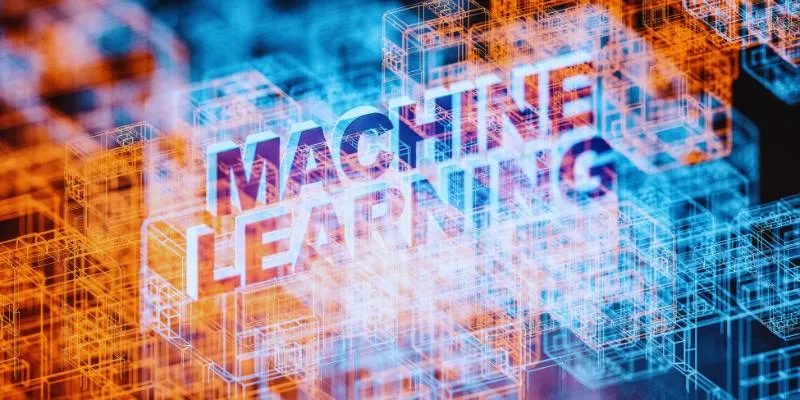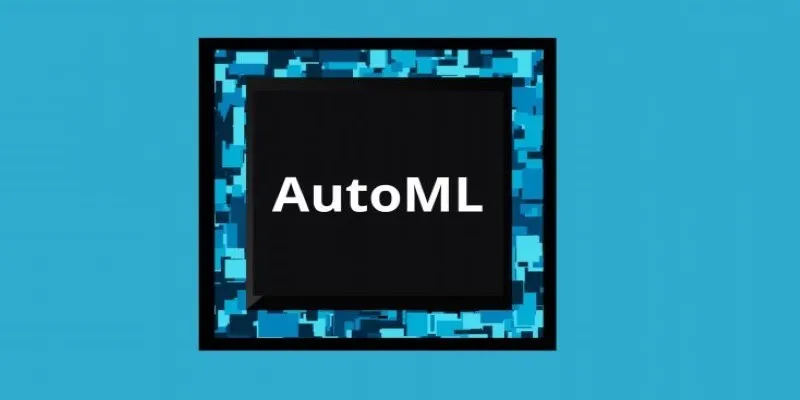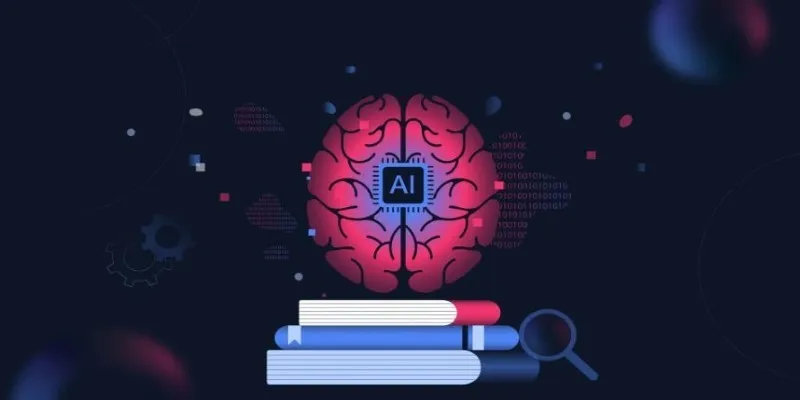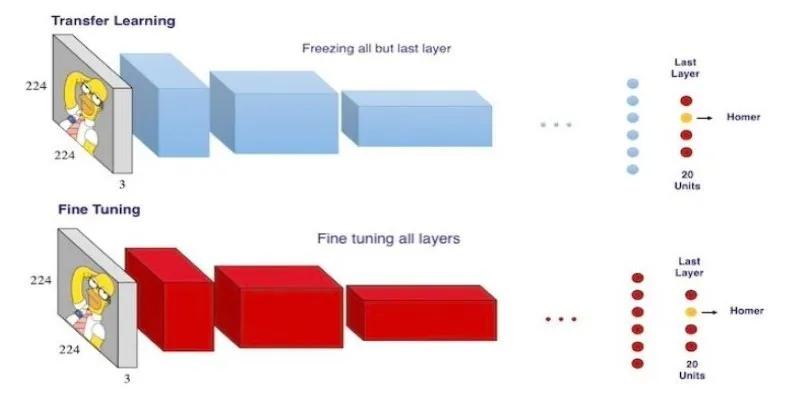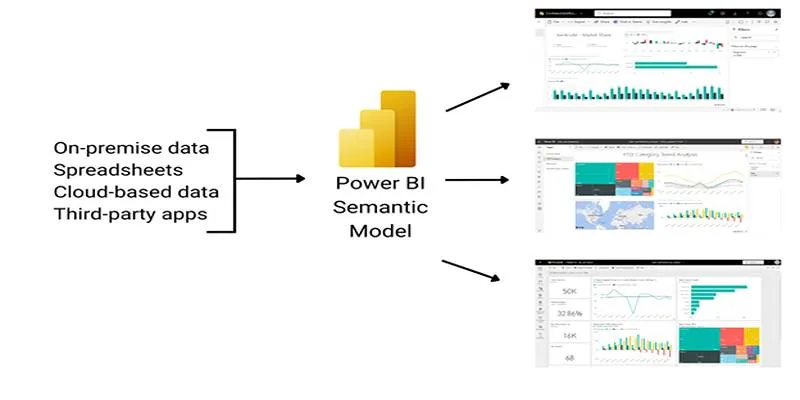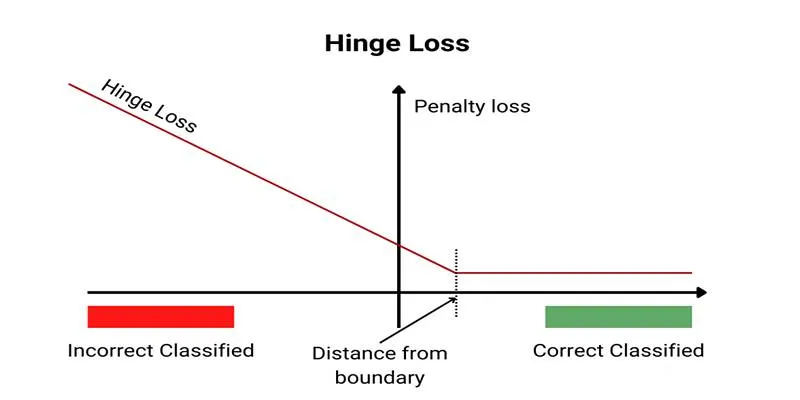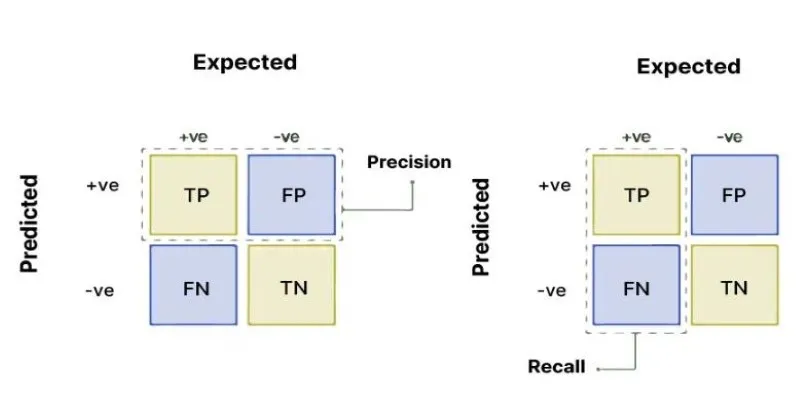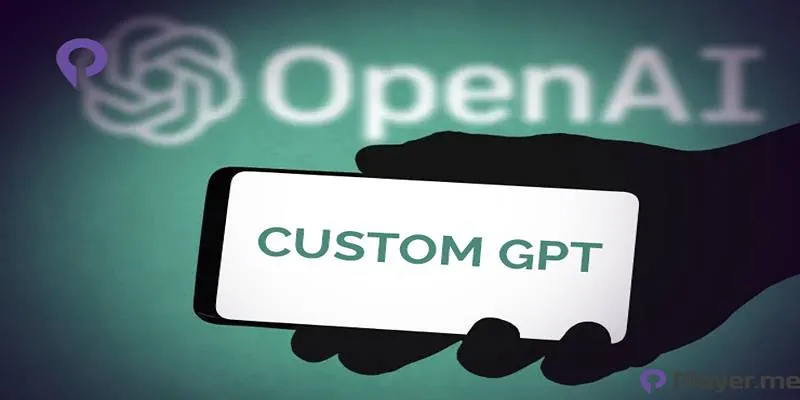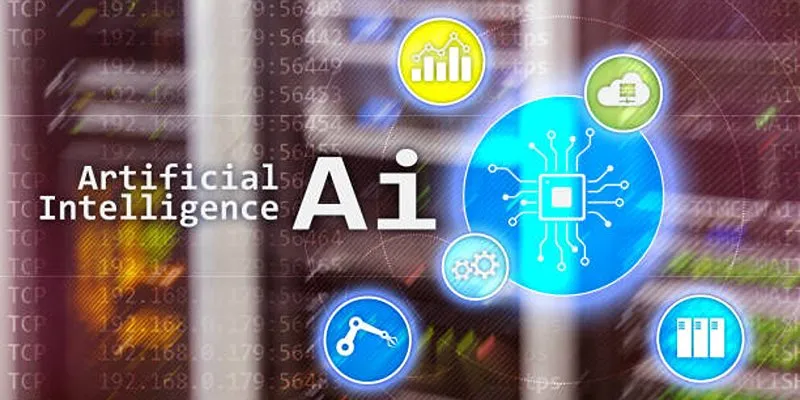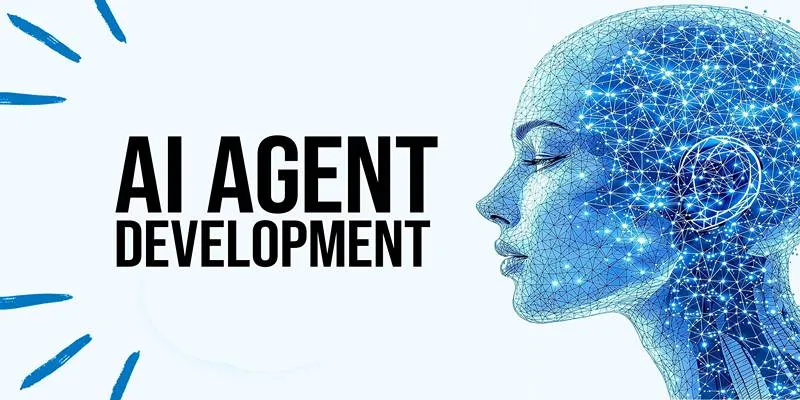Machine learning (ML) is transforming businesses by addressing complex challenges and driving growth. Whether you run a small business or a startup, ML can provide valuable insights. However, before leveraging ML, you must decide between off-the-shelf models and custom-built solutions. Off-the-shelf models, ideal for tasks like text and image recognition, are pre-trained and ready to use.
Conversely, custom models require more time and resources since they are created from scratch to meet specific corporate needs. Both options offer advantages and drawbacks, and your choice will depend on your goals, budget, technical capability, and more. Making the right decision can be challenging. This article will guide you through the process, comparing options and helping you determine when to use each.

What Are Off-the-Shelf Machine Learning Models?
Off-the-shelf machine learning models are pre-built solutions developed by experts and ready for immediate use. These models, designed for tasks like object identification, sentiment analysis, and image detection, are available through platforms such as Google Cloud AutoML and Microsoft Azure AI. They are trained on extensive datasets and do not require in-depth coding skills or advanced data science knowledge. With user-friendly interfaces, they allow you to upload your data and run the model effortlessly.
Many companies adopt these models to save time, especially when speed outweighs customization. Off-the-shelf models are ideal for businesses with limited budgets that need quick results. However, they may not be effective in highly specialized scenarios. Their adaptability is limited, and they might overlook specific details in your data. Nonetheless, for many companies seeking a swift solution, they are a practical choice.

What Are Custom-Built Machine Learning Models?
Custom-built machine learning models are developed from scratch to address specific challenges. Unlike off-the-shelf models, they are trained using your data. Crafting sophisticated models demands more time, technical expertise, and computational power. Custom models provide control over algorithms, learning strategies, and evaluation criteria, allowing the model to adapt to your needs as it learns and evolves.
This flexibility is particularly beneficial for companies with unique requirements. Custom models can deliver superior results, especially if your data differs from standard datasets. They excel in specialized tasks by identifying trends that off-the-shelf models might miss. However, they require a skilled team of data scientists, and data preparation is time-intensive. Training custom models can take hours or even days and involve significant costs. Custom models are optimal when you need high precision and complete control over your machine-learning solution.
Pros of Using Off-the-Shelf Machine Learning Models
- Fast Deployment: Off-the-shelf models deliver results in minutes or hours, ideal for businesses seeking quick insights.
- Easy to Use: These models do not require advanced data science knowledge. Their intuitive interfaces make them accessible to non-experts.
- Cost-Effective: Off-the-shelf solutions are more affordable than developing custom models from scratch, making them suitable for small teams and startups.
- Tested and Proven: Many off-the-shelf models have been extensively tested across industries, ensuring reliability and efficiency for routine tasks.
- Scalable: These models can handle large datasets through cloud services, eliminating the need for extensive hardware infrastructure and offering scalability as your business grows.
Cons of Using Off-the-Shelf Machine Learning Models
- Limited Customization: These products might not fully meet your unique needs due to their fixed functionalities.
- Generalized Accuracy: Trained on broad datasets, these models may lack accuracy and applicability for specialized use cases.
- Less Transparency: The internal workings of these models may be unclear, raising concerns about trust and accountability in critical business decisions.
- Data Privacy Risks: Using external technologies involves sending your data to third-party servers, posing potential security and privacy challenges.
- Pay-as-You-Go Costs: While initially less expensive, ongoing usage or storage fees can accumulate, impacting long-term finances.
Pros of Using Custom-Built Machine Learning Models
- High Accuracy: Custom models trained on your specific data provide more accurate and relevant results for your business.
- Tailored Solutions: You have control over every aspect of the model, from methodology to data inputs, allowing you to design a solution that aligns with your company’s goals.
- More Transparency: Custom-built models offer complete transparency in their operations and predictions, which helps build stakeholder trust and confidence in the results.
- Long-Term Value: Despite higher initial costs, custom models provide long-term value by delivering precise and reliable results that can enhance your company’s efficiency and outcomes over time.
Cons of Using Custom-Built Machine Learning Models
- High Cost: Developing custom models demands a full team of engineers and data scientists, along with significant computational resources.
- Time-Consuming: The process of creating, testing, and training the model is lengthy, often taking weeks or months before deployment.
- Maintenance Required: Ongoing monitoring and adjustments are necessary as new data emerges to maintain accuracy and relevance.
- Complex Development: Customization requires extensive data preparation and coding, where errors can disrupt the model, making testing time-consuming.
- Scalability Issues: As your business grows, data volume increases, requiring more resources, which can lead to higher costs and complicate scalability.
Conclusion:
Machine learning offers powerful tools for businesses of all sizes. Your choice between custom-built and off-the-shelf models should align with your specific goals. Off-the-shelf models provide fast, simple, and cost-effective solutions for immediate needs, while custom-built models offer greater control, precision, and long-term value, tailored to your company’s unique requirements. Carefully consider your time, resources, and objectives before deciding. The right choice can lead to smarter decisions and greater success for your business.
 zfn9
zfn9
